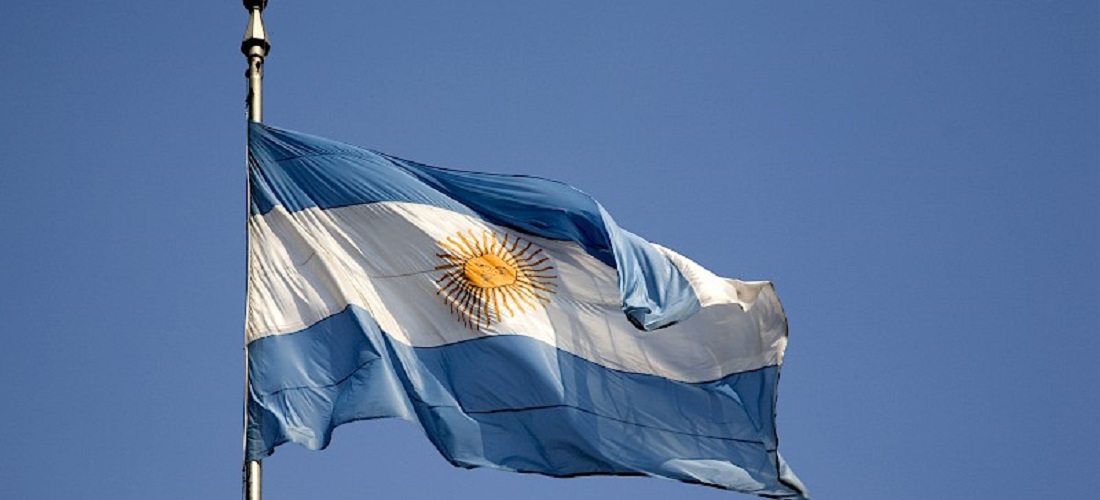
Political uncertainty in Argentina paralyzes economic activity
Oct, 19, 2023 Posted by Gabriel MalheirosWeek 202341
The surge in the US dollar over the past two weeks and the political uncertainty in Argentina, just four days ahead of the presidential election, have brought economic activity to a standstill. This hesitation reflects the challenges of setting prices amid expectations of accelerating inflation and further devaluation of the peso after this Sunday’s vote, similar to what occurred after the primaries in August.
“What is happening is a sign that economic activity is declining, it’s a way for traders to protect themselves,” says Matías Bolis Wilson, Chief Economist of the Argentine Chamber of Commerce (CAC), referring to the standstill where traders and producers are holding onto their products.
“We are witnessing a significantly lethargic economy due to the uncertainty generated by the electoral landscape. The three candidates who secured the most votes in the primaries propose vastly different economic models that could shatter the current model. In a complex macroeconomic context, it’s natural for companies, traders, and others to prefer slowing down their sales until the prospects improve somewhat,” says economist Rocío Bisang of Eco Go, speaking to “Ámbito.”
Many traders and suppliers have suspended sales in recent days while waiting to see what happens with the US dollar and the peso. This is because the exchange rate will dramatically change depending on the election’s outcome on the 22nd. The three leading candidates have very distinct proposals: the incumbent Sergio Massa aims to strengthen the local currency, Patricia Bullrich from Juntos por el Cambio talks about a dual-currency economy, and the far-right candidate, Javier Milei, advocates for dollarizing the Argentine economy.
“The election result will impact inflation and the country’s foreign exchange reserves,” explains Hernán Letcher, Director of the Center for Argentine Political Economy (Cepa). “What we see now is a lot of speculation, a scenario of ‘muddy waters,’ where the major players in the Argentine economy speculate via prices and access to parallel dollars. What is clear is that a potential victory for Milei would have immediate effects on the exchange rate,” says Letcher.
According to Salvador Femenia, spokesperson for the Argentine Confederation of Small and Medium-Sized Enterprises (Came), the constant rise in inflation has worsened the relationship between suppliers and traders. “It is no longer possible to make installment payments, so everything has to be paid at once, at the time of product acquisition. This changes the way products are acquired.”
The trade activity during the holiday week in the country reflected this situation. The CAC noted that many traders chose to close their doors over the three days when they typically work at least one day. According to CAC’s Wilson, a slowdown in activity is expected during election periods, but this year, it has been aggravated by the deepening macroeconomic crisis.
In September, consumer inflation in Argentina rose to over 138% on an annual basis, driven by an 18% peso devaluation announced by the government the day after the August primaries.
In the foreign trade sector, export settlements are also nearly halted, despite the government expanding its export incentive program to other agricultural products and various sectors of the economy, such as leather and energy. Conversely, the demand for dollars for imports remains strong, with many companies looking to expedite operations given the uncertainty surrounding the peso exchange rate after the 22nd.
Source: Valor Econômico
To read the original news report, visit: https://valor.globo.com/mundo/noticia/2023/10/19/incerteza-politica-na-argentina-paralisa-atividade-economica.ghtml
-
Ports and Terminals
May, 19, 2021
0
Argentine maritime unions announce 48-hour strike to gain vaccination priority
-
Economy
Apr, 12, 2022
0
WTO downgrades its 2023 economic forecast and warns about China
-
Economy
Sep, 13, 2021
0
Trade balance surplus at US$2.04 billion in first half of September
-
Ports and Terminals
Jul, 14, 2021
0
Maersk Shuts Down Durban Depots As Looting Continues

